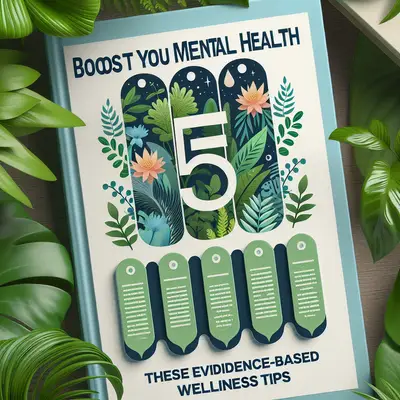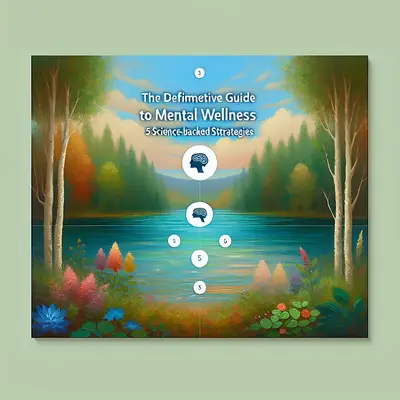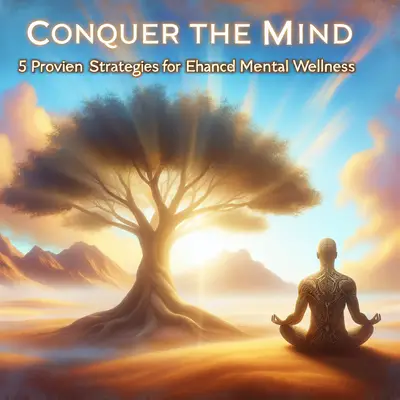Embrace Physical Activity
Physical activity is not just about building muscles or losing weight. Regular exercise can have a profound impact on your mental health. According to the Mayo Clinic, physical activity stimulates the production of endorphins, the body's natural mood elevators. Whether it's a brisk walk, yoga, or high-intensity interval training (HIIT), find a form of exercise that you enjoy and make it a part of your routine.
Prioritize Quality Sleep
Sleep isn't just a time for your body to rest. It's when your brain works to consolidate memories and process information. Multiple studies, including one published in the Journal of Child Psychology and Psychiatry, indicate a strong link between sleep quality and mental health. Strive for 7-9 hours of quality sleep per night. Consider creating a sleep-friendly environment and sticking to a consistent sleep schedule.
Feed Your Brain Right
The food you consume can significantly affect your brain health. A study published in the American Journal of Public Health suggests a strong correlation between a healthy diet and a reduced risk of depression. Incorporate nutrient-rich foods into your diet, like fruits, vegetables, whole grains, and lean proteins.
Practice Mindfulness
Mindfulness, or the practice of being fully present and engaged in the current moment, can be a powerful tool for mental wellness. A meta-analysis in the journal JAMA Internal Medicine found mindfulness meditation to improve anxiety and depression symptoms. You can practice mindfulness through meditation, yoga, or simply by paying more attention to your daily activities.
Foster Social Connections
Humans are inherently social creatures. Harvard Health Publishing highlights that strong social connections can help increase our happiness and reduce our risk of depression. Make time to connect with loved ones, engage in social activities, or consider joining clubs or groups that interest you.
Conclusion
Achieving mental wellness is a journey, not a destination. By incorporating these evidence-based strategies into your daily life, you can work towards enhancing your overall mental health and well-being. Remember, it's okay to seek professional help if you're struggling. Mental health is as important as physical health, and there's no shame in taking steps to improve it.



